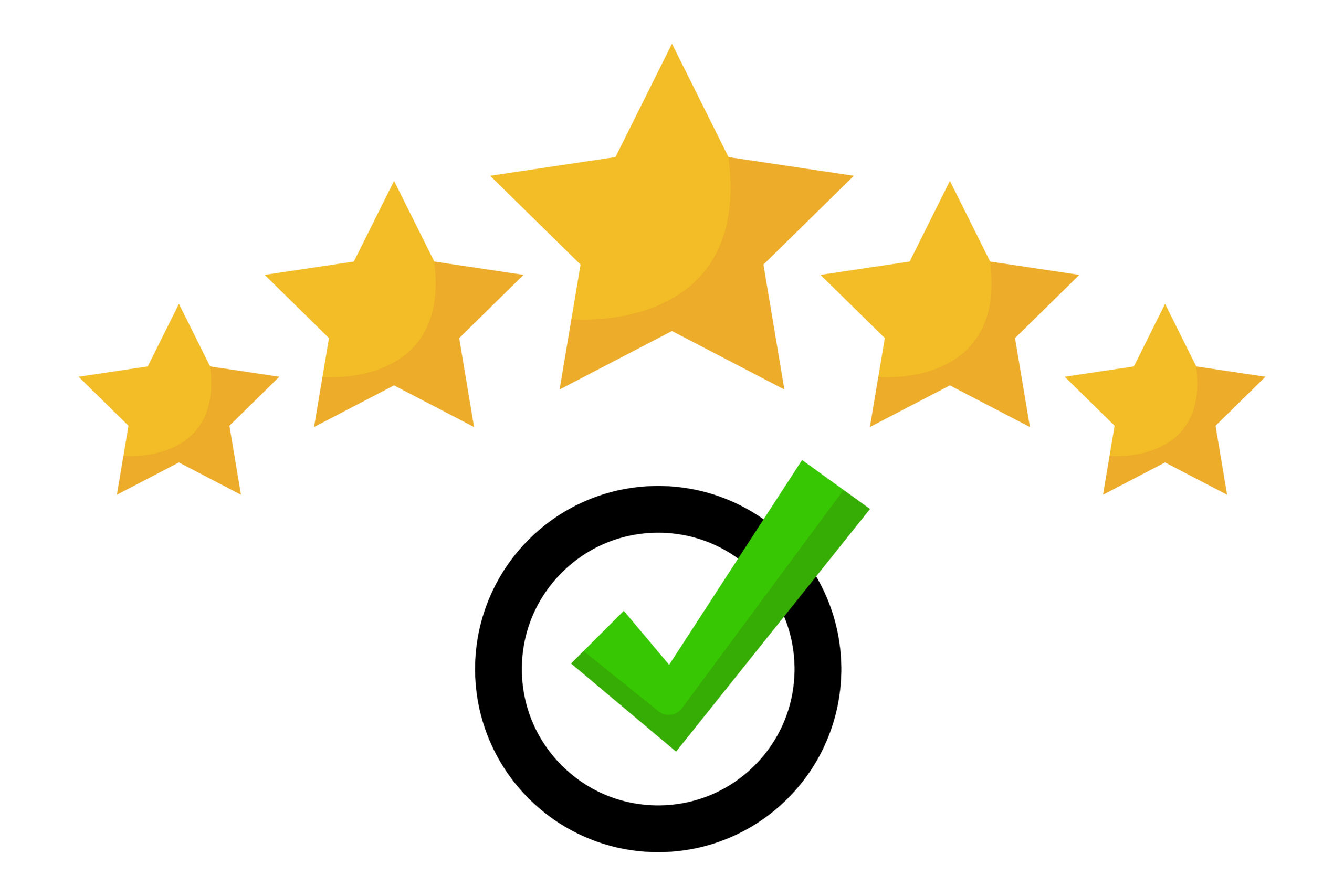In a digital world where perception shapes business success, managing your brand’s image is no longer optional. Whether you’re a growing startup or an established enterprise, reputation monitoring is vital to maintaining trust and credibility. Negative reviews, misleading information, or social media backlash can tarnish a brand’s reputation in minutes—but with the right tools, you can track, respond, and recover swiftly.
This blog highlights the top tools for online reputation monitoring, helping you choose the right solutions to stay ahead of potential PR crises. For brands seeking dedicated services and deep monitoring, AiPlex ORM offers comprehensive solutions that combine technology with human insight.
Key Elements to Understand Before Choosing a Reputation Monitoring Tool
Before diving into the top tools, it’s important to understand what makes a monitoring tool effective. These key features ensure that the solution aligns with your brand’s specific needs.
Real-Time Tracking and Alerts
Real-time alerts are essential for quick damage control. When your brand is mentioned negatively, immediate awareness can help prevent the issue from escalating.
Effective monitoring tools should offer customizable alerts, so you’re notified instantly when specific keywords, competitor names, or sentiment triggers are detected across the web.
Sentiment Analysis Capabilities
Sentiment analysis enables tools to categorize mentions as positive, neutral, or negative. This helps brands prioritize responses and understand how their audience feels over time.
Advanced tools use AI to interpret language tone, making it easier to track brand perception trends and improve communication strategies.
Coverage Across Platforms
A good monitoring tool scans not just news sites, but also social media platforms, blogs, review sites, and forums. Broader coverage means fewer blind spots in your online presence.
Ensure your chosen tool includes major social platforms like Facebook, Twitter, Instagram, YouTube, as well as niche channels relevant to your industry.
Data Visualization and Reporting
Raw data is useful, but insightful reports and visual dashboards make interpretation easy. Look for tools with charts, graphs, and downloadable reports.
These visualizations support internal presentations and decision-making, especially for marketing and PR teams needing clear, actionable insights.
Integration and Scalability
As your brand grows, your monitoring needs will evolve. Choose tools that integrate with your CRM, help desk, or marketing software for seamless workflow.
Scalability is important—your solution should accommodate increased mentions, keywords, and team collaboration without performance issues.
Top Tools for Online Reputation Monitoring
Here are some of the most effective tools available today to monitor and manage your brand’s online reputation.
1. Brand24 – Affordable and Powerful for Real-Time Monitoring
Brand24 is an intuitive reputation monitoring tool that offers real-time tracking, sentiment analysis, and influencer detection. It’s especially popular among small to mid-sized businesses.
Its dashboard is user-friendly and packed with insights, making it easy to manage mentions across various platforms. You can also generate reports and export data for internal analysis.
2. Mention – Multi-Channel Listening with Collaboration Features
Mention allows teams to track brand mentions across web, social, and review platforms. It offers keyword tracking, sentiment analysis, and automated alerts.
Its collaborative features make it ideal for marketing and PR teams working across different regions or departments. It also integrates well with tools like Slack and Buffer.
3. Google Alerts – Basic and Free Option for Beginners
Google Alerts is a simple, free tool that sends email notifications whenever your brand or selected keywords appear online. It’s limited in scope but useful for startups or individuals.
While it lacks advanced analytics or social media tracking, it’s a good first step in establishing basic monitoring practices.
4. Hootsuite Insights (Powered by Brandwatch)
Hootsuite Insights combines social media management with in-depth reputation monitoring. It tracks brand sentiment, customer feedback, and industry trends in real time.
The Brandwatch integration enhances its capabilities with AI-powered sentiment detection and robust filtering tools, making it a strong choice for enterprise-level monitoring.
5. Reputology – Specialized in Review Monitoring
Reputology focuses on tracking online reviews across platforms like Yelp, Google, and Facebook. It’s designed for businesses that rely heavily on customer feedback.
It aggregates reviews, provides sentiment scores, and allows direct response from within the dashboard—ideal for service-based businesses and franchises.
6. Sprout Social – Social Listening with Engagement Tools
Sprout Social offers comprehensive social listening, allowing brands to monitor, analyze, and engage with audiences in real time. It includes sentiment insights, competitive benchmarking, and customizable reports.
It’s particularly useful for marketing teams that need to integrate social media management with brand reputation tracking.
7. Talkwalker – Enterprise-Grade Media Monitoring
Talkwalker offers advanced media monitoring across 150 million sources in 187 languages. It’s ideal for global brands seeking deep insights into how they are perceived worldwide.
Its AI-powered analytics deliver real-time alerts, sentiment tracking, and visual content recognition—a comprehensive solution for large enterprises.
8. ReviewTrackers – Review Management for Customer-Centric Brands
ReviewTrackers is purpose-built for monitoring and managing customer reviews. It supports location-based businesses, allowing teams to respond to feedback across platforms.
It also features competitor benchmarking and detailed sentiment analytics, helping brands fine-tune their customer experience strategies.
9. Meltwater – Integrated Media Intelligence
Meltwater provides a suite of PR and social solutions, including media monitoring, influencer tracking, and performance analytics. It’s best for brands looking for a unified platform for reputation and PR management.
With global coverage and industry-specific tools, Meltwater suits businesses with complex communication needs across regions and sectors.
10. NetBase Quid – AI-Powered Consumer and Market Intelligence
NetBase Quid delivers high-level insights by analyzing consumer conversations, market trends, and brand sentiment using AI. It serves large organizations that require strategic intelligence in addition to real-time monitoring.
Its in-depth visual analytics and customizable dashboards make it valuable for C-level decision-making and brand strategizing.
Why Choose AiPlex ORM for Reputation Monitoring?
While tools offer automation, AiPlex ORM provides a strategic edge by combining human expertise with cutting-edge technology. Their services go beyond tracking mentions; they include proactive brand management, crisis handling, and SEO-integrated content strategies.
AiPlex specializes in safeguarding digital identities through 24/7 monitoring, sentiment management, and takedown services. Their approach ensures reputational threats are neutralized before they escalate, giving businesses peace of mind in an unpredictable digital world.
From startups to multinationals, AiPlex ORM customizes solutions to align with your brand’s risk profile and audience touchpoints. They offer multilingual support, global monitoring, and influencer management—all under one comprehensive umbrella.
If your brand reputation matters (and it always does), AiPlex ORM is your trusted ally in maintaining online credibility and protecting digital assets.
Conclusion
Reputation monitoring is a critical part of modern brand management. From identifying negative sentiment early to tracking praise and competitor insights, the right tools can make all the difference. Whether you’re starting with Google Alerts or investing in AI-powered platforms like Talkwalker, the goal is the same: protect your brand.
For those seeking a comprehensive and personalized reputation management strategy, AiPlex ORM delivers industry-leading solutions tailored to your unique challenges.
In a landscape where public opinion spreads fast, taking control of your narrative through effective monitoring is not a luxury—it’s a necessity.
Blog Summary
This blog explored the best tools for reputation monitoring, including Brand24, Mention, Hootsuite Insights, Reputology, and more. We also outlined key features to look for, such as sentiment analysis, real-time alerts, platform coverage, and integration capabilities.
While automated tools provide the foundation, expert-led services like AiPlex ORM bring strategic insight and human intervention to ensure brand resilience. If you want to monitor, manage, and elevate your brand reputation holistically, AiPlex ORM is the ideal partner.








